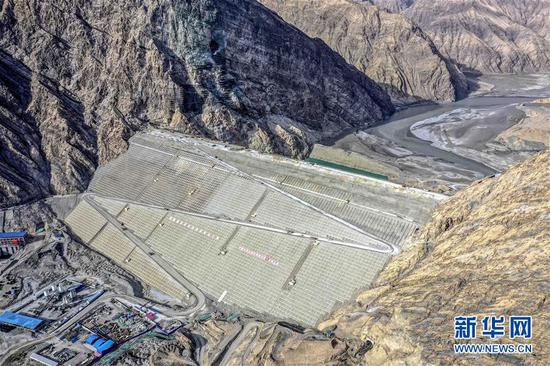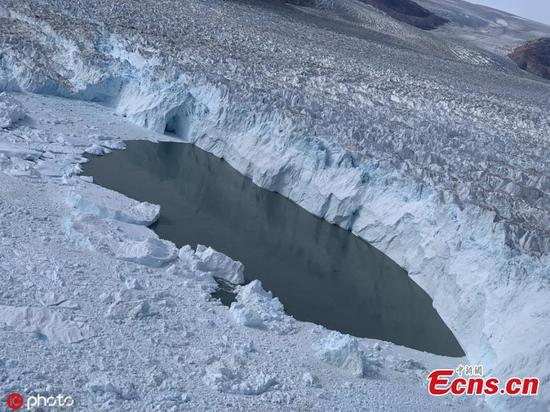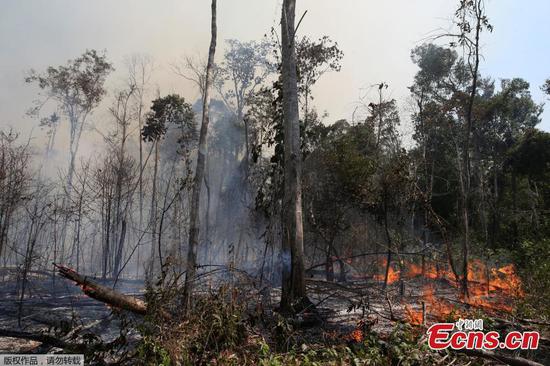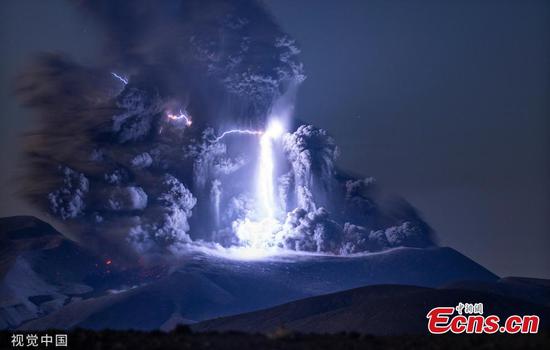Driven by declining yields in the largest producers and exporters, global banana production would be dampened or even disappear by 2050 due to climate change, according to a study published in Nature.
Ten countries, including India and Brazil, as well as some major exporters like Colombia, will see a decline in crop yields and suffer serious losses by 2050 if climate change continues at the current speed.
Widely planted in the tropical areas, banana has long been considered a staple crop for many developing countries in these regions. Banana cultivation is crucial and serves as a pillar industry to their national economy.
But the impact of rising temperatures on tropical crops such as banana is not well-known. So scientists at the University of Exeter began to study the impact of climate change on the world's leading banana producers and exporters.
By analyzing data collected from 27 countries and calculating the average annual temperature and rainfall required for the optimal yields, they found that climate change has improved the growing condition in 21 countries, with the average lifted output reaching 1.37 tonnes per hectare over the past six decades.
But the trend is predicted to be reversed if the temperature keeps rising. Dan Bebber, a senior lecturer in Biosciences at the University of Exeter said: "The impacts of climate change have been largely ignored. There will be winners and losers in coming years, and our study may stimulate vulnerable countries to prepare through investment in technologies like irrigation."
Comparatively, some of African countries, Ecuador and Honduras may benefit more from the future climate change in terms of crop yields.
The rising temperature has been reported to pose threats to many existing species on our planet over the years. In 2018, scientists in the University of Science and Technology of China identified a widely-distributed area of abandoned penguin breeding grounds where there are numerous mummified penguin carcasses.
Carbon dating revealed that there had been two disasters of collective deaths of penguins in the area around 200 years ago and 750 years ago.
Scientists found that abrupt climate change and heavy precipitation might have caused young penguins to die off in the Antarctic centuries ago, warning that penguins may face similar disasters under present-day climate change.


















































